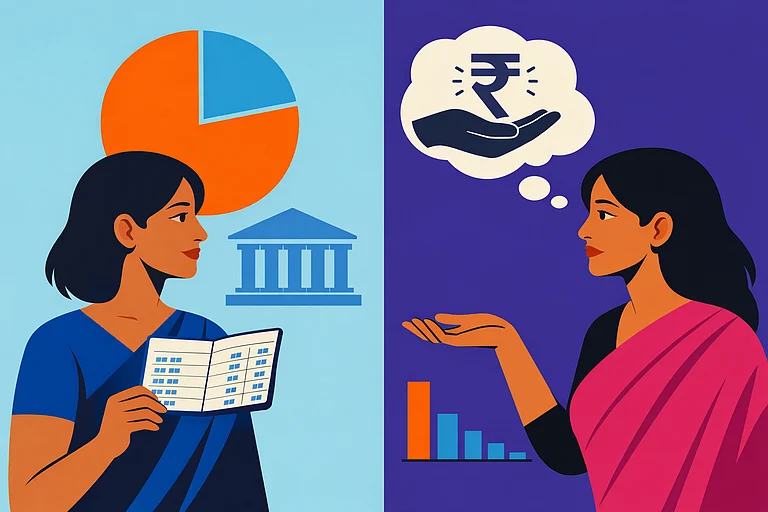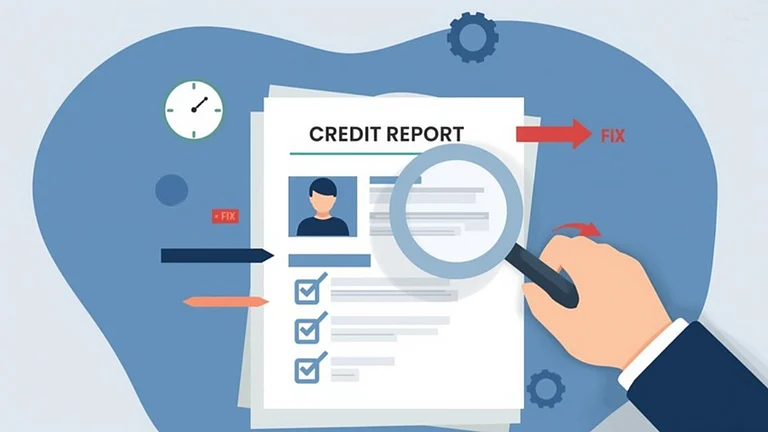
Summary of this article
Many users are digitally savvy, financially active, and full of intent. They’re using UPI, shopping on quick commerce apps, and investing online. Yet when it comes to credit scores, many are flying blind. Some have never checked theirs, while some believe checking it might hurt them.
In a country where credit scores shape access to opportunity, awareness still remains low. A recent study titled, ‘India’s Credit Score Awareness Gap: The Hidden Cost of Not Knowing’, conducted by India’s leading credit score builder platform ZET, has revealed that nearly 45 per cent of survey respondents have either never checked their credit score or aren’t sure if they have.
“In a credit system where your eligibility, interest rate, and financial credibility are all tied to a single number, nearly half of the respondents are completely disconnected from it. When we asked respondents whether they had ever checked their credit score, 45 per cent said they never had. That means almost 1 in 2 people are navigating their financial future without any visibility into how lenders see them,” the findings of the survey reveal.
Based on inputs from credit bureaus, real user stories, and a survey of over 1,000 respondents, the study highlights how myths, misconceptions, and limited financial literacy continue to lock millions out of affordable credit. A majority of participants, around 64 per cent, came from Tier 1 metro cities, while the remaining responses were from Tier 2 and Tier 3 regions.
According to the study, this isn’t just a matter of curiosity, it’s a structural gap. In March 2024, TransUnion CIBIL reported that while credit self-monitoring in India grew by 51 per cent year-on-year, only 119 million Indians actively tracked their credit profiles. This is a fraction of the adult population in a country with ~800 million adults.
The gap between credit access and credit understanding is growing. As more users get access to payday loans or Buy Now Pay Later (BNPL) products, they enter the system without being fully equipped to manage the responsibilities that follow. They don’t know how scores are calculated. They don’t know what brings them down. And most critically, they don’t even know where to look.
Manish Shara, Co-founder and CEO, ZET, says, “We regularly speak to users who are digitally savvy, financially active, and full of intent. They’re using UPI, shopping on quick commerce apps, and investing online. Yet when it comes to credit scores, many are flying blind. Some have never checked theirs. Some believe checking it might hurt them. Others assume it only becomes important when you apply for a big loan.”
Individuals across India were surveyed to understand what people truly know about their credit score, where the gaps lie, and what this means for the future of credit access.
“We also spoke to people who had faced setbacks due to their credit scores to understand their stories. The results were telling. While 75 per cent of respondents understood what a credit score is in theory, nearly 50 per cent had never checked their own,” says Shara.
Key Findings of The Survey:
* 1 in 2 Indians have never checked their credit score.
* 30 per cent have faced loan or credit card rejection due to poor or absent scores, often without being explained why.
* 1 in 4 Indians don’t know who generates their credit score.
* Only 66 per cent knew that a score of 750+ is considered good. Many wrongly believed 500–700 is sufficient.
* 25 per cent linked credit scores to salary or income, and 1 in 4 did not know who generates them.
* 58 per cent were unsure if checking their own score reduces it, a persistent myth that discourages self-monitoring.

Need For Education And Access To Grow Together
According to publicly available data, over 40 crore Indians still have no credit history at all. Among those who do, a significant portion remain underserved or incorrectly profiled.
“We live in a country where your financial access can depend on a three-digit number, but no one hands you the rulebook for how that number works. Most people want to do the right thing. They want to be financially responsible. But they need the right cues, the right tools, and the right support. We believe that education and access must grow together. One without the other only creates more barriers,” Shara says.
Credit behaviour is not just about money. It’s about clarity. And when clarity is missing, even the right intent can lead to the wrong outcome.














